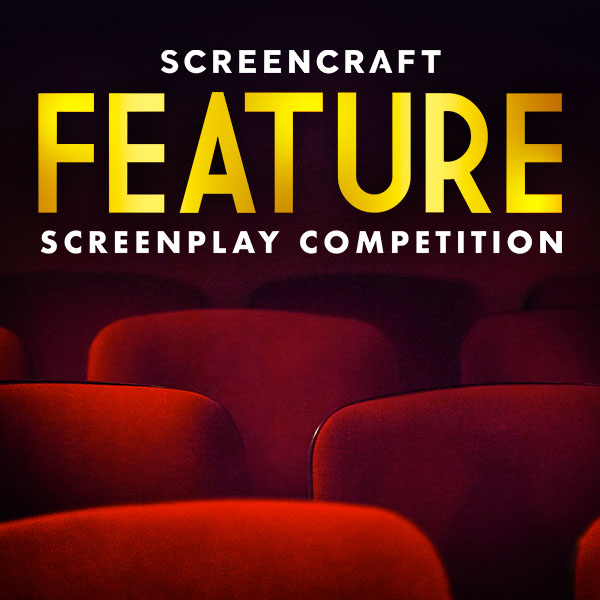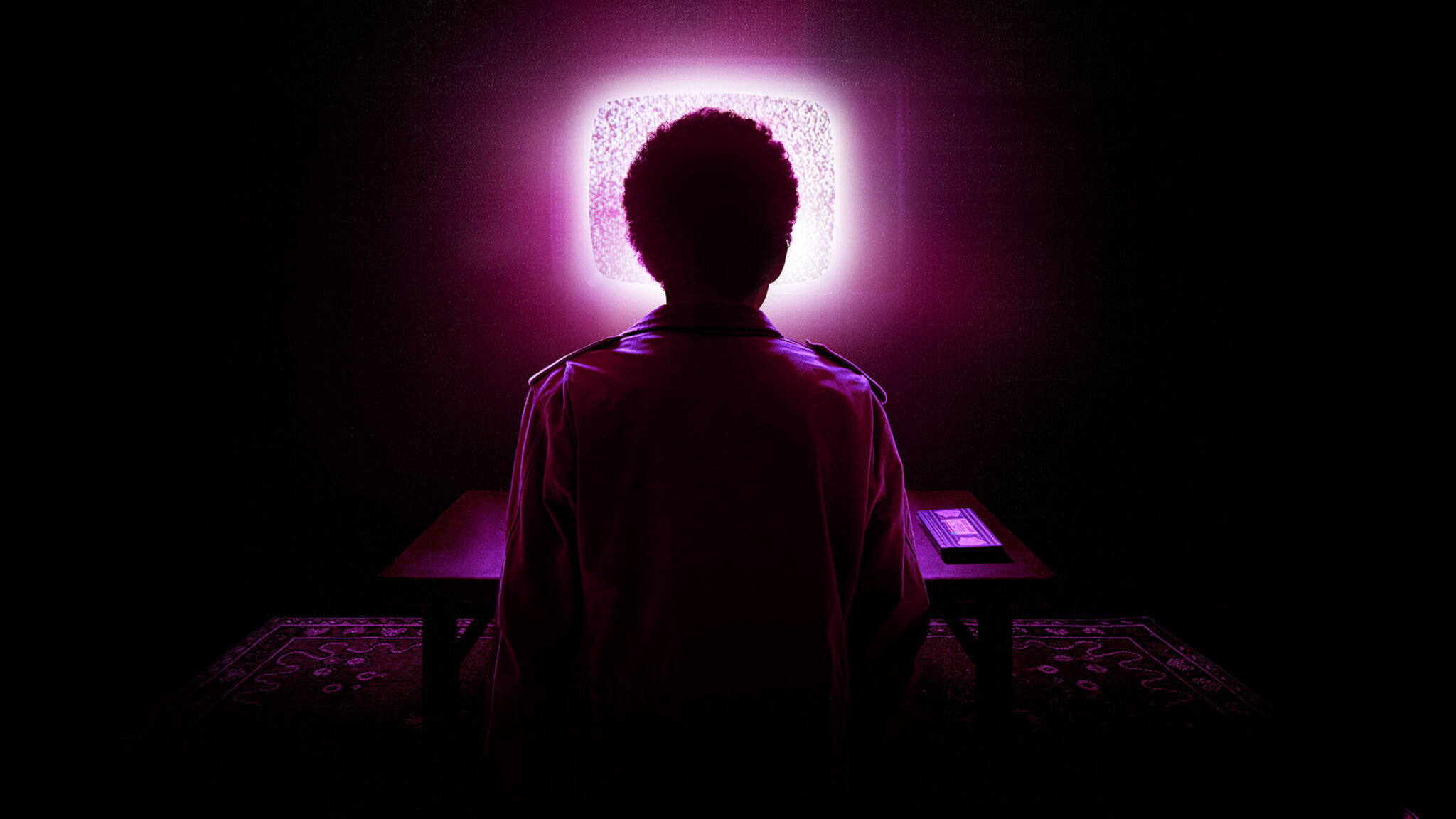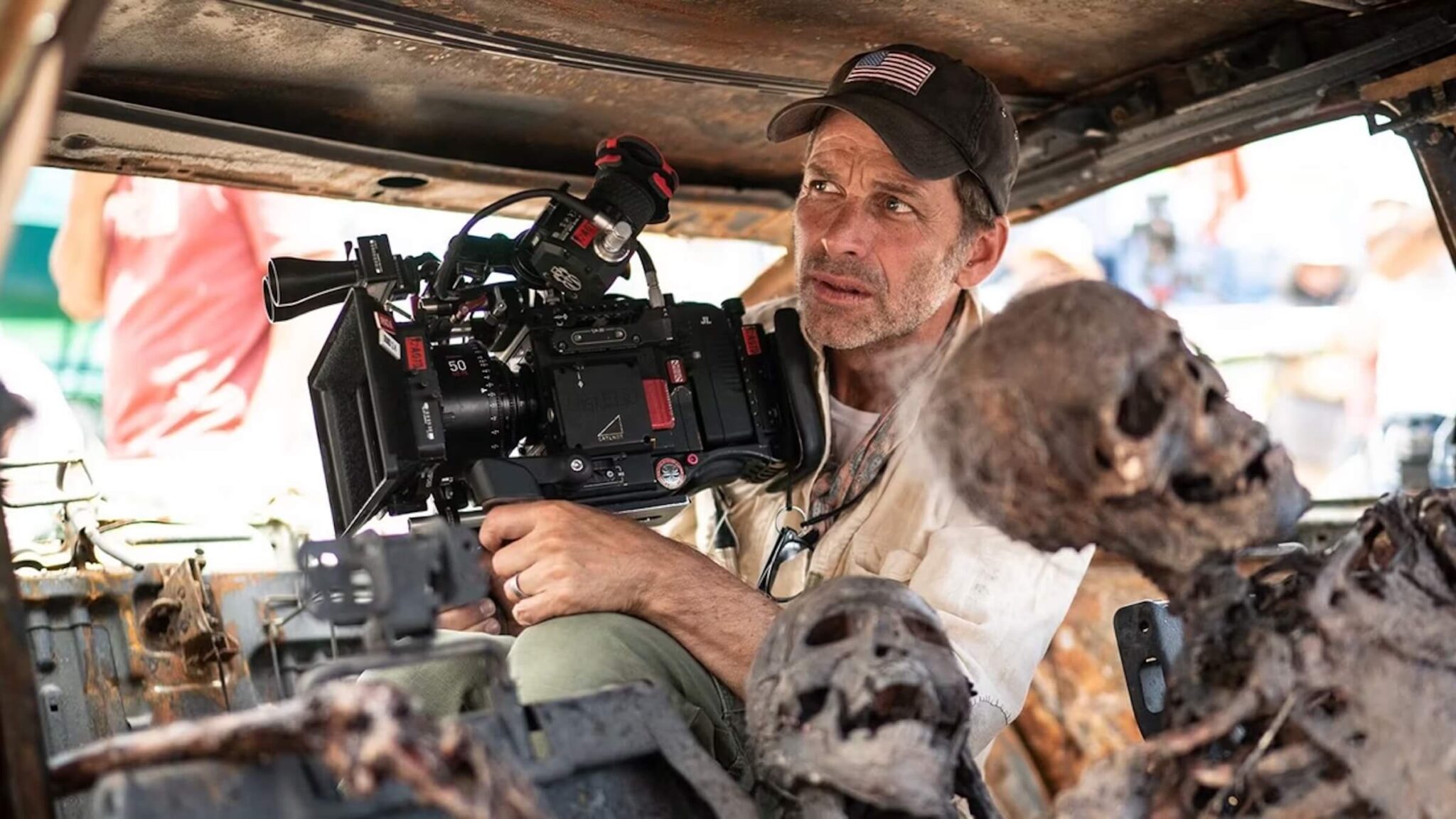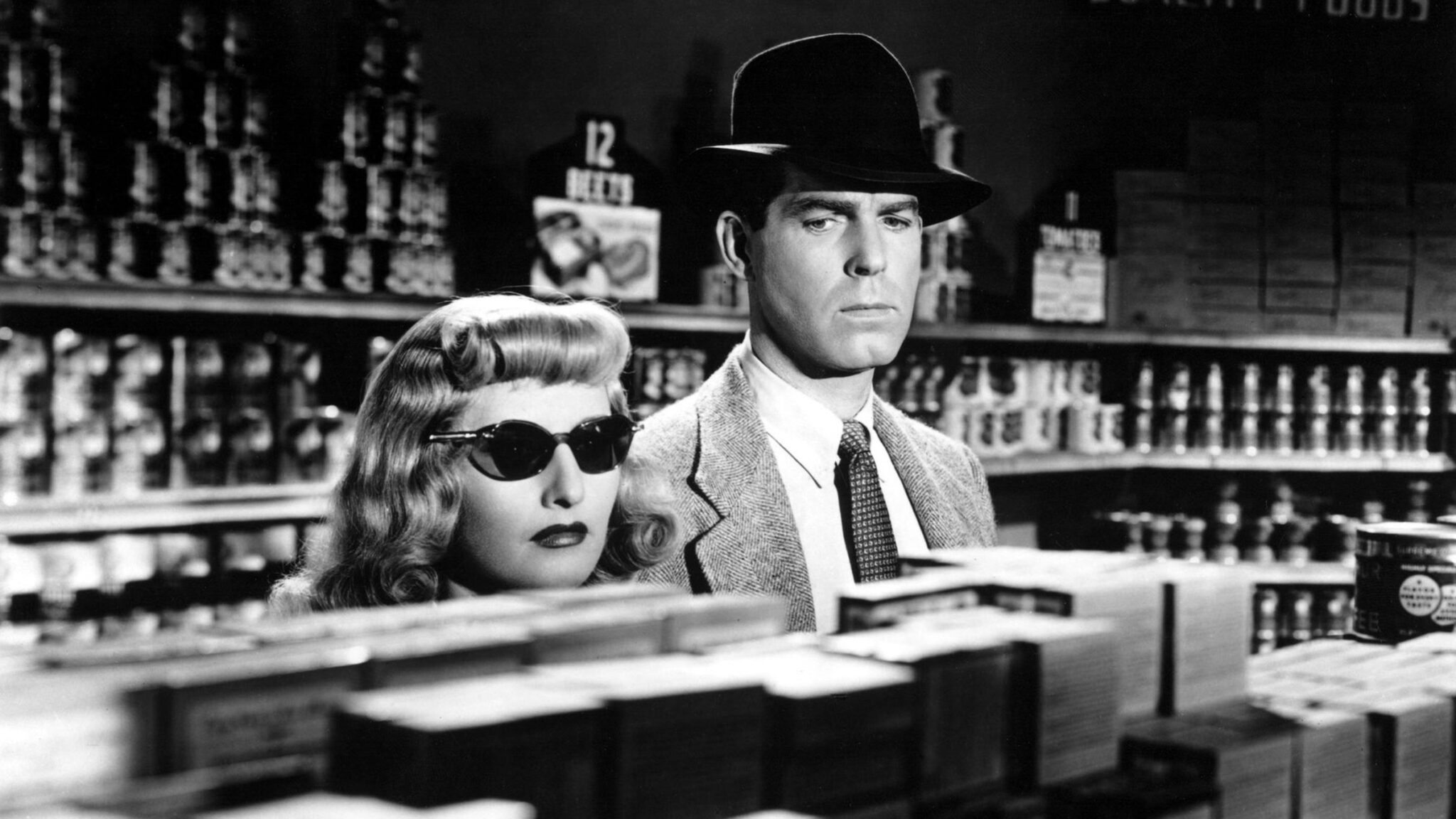Screenwriting Advice from James V. Hart

James V. Hart is a world-renowned Hollywood screenwriter whose writing/producing credits include Contact (directed by Robert Zemeckis), Hook (directed by Steven Spielberg), Bram Stoker’s Dracula (directed by Francis Ford Coppola), Lara Croft: Tomb Raider, August Rush, Epic, Crossbones, Muppet Treasure Island and many more projects in development with major studios.
In advance of his upcoming panel appearances at the Austin Film Festival, we asked Mr. Hart to share some insights from his long career in the entertainment industry.
ScreenCraft: I understand you began your career as a producer in NYC's indie film scene, while writing your own projects on the side. Did that producing experience inform or guide your early projects - either in what you chose to write, or in how you executed them?
Mr. Hart: I produced my first film right out of college in 1971, Summer Run. My college partner and I raised $250K in Texas with the help of high school venture capitalists and fraternity brothers.
We shot in 7 countries over several thousand miles and ended up on the island of Corfu in Greece. We had the first Sanyo portable calculators, banking savvy buying and selling dollars to expand our finances, bank accounts in Paris and Munich, and everybody thought we were drug dealers (long hair, facial hair, bellbottoms, etc.).
We opened a Swiss bank account for our unit manager, we had a brilliant German DP, Klaus Koenig, who shot many of Maximilian Schell’s films, his crew, French sound team and art department, the great legendary Black Jack Teboul for props, locations, transportation, stealing and procuring anything the production needed.
We were straight out of film school and learned under fire and on the run, using our B-School finance training and managed to put the film in the can for $150K while the rest of the funds went missing in Texas. Phones turned off. Offices closed.
I was marooned in Paris for 3 months while we invented a way to repatriate 30,000 francs VAT tax by convincing our film lab in Paris to give me back the francs we had paid them, fly the francs illegally to Switzerland, walk into several banks and buy U.S. dollars and smuggle them back in Paris. And make two more trips like that until I could walk into the main American Express bank in Paris and deposit $15,000 in U.S. dollars into our production account.
Our banker, Messr. Wolfe, paled at the pile of U.S. dollars I placed on his desk. He quickly hid the cash and advised me that banking regulations prevented him from depositing that much cash in U.S. dollars because of his knowledge of their origin.
I had to get those funds into the account so I could close it and leave with a bank check as the dollars could not be taken into the U.S. in cash. And the production needed that money.
All my banking and finance education I hated came to my rescue. I proposed to Messr. Wolfe a simple solution. “Can you accept travelers cheques?” After all, this is American Express. Messr. Wolfe startled. I followed him to a huge book of international banking regulations. He thumbed through page after page, grunting and harrumphing and then he fingered the spot.
He looked at me over his glasses, gave the classic Gaellic shrug, and said, “Oui oui. Bien sur.”
I excused myself to go down to the teller windows and stand in line with all the tourists in the world it seems like that day. I finally go to the window and informed the teller I wished to purchase travelers cheques in U.S. dollars. The amount terrified the teller. $15,000 USD.
After a panic, the teller returned and informed me they had that amount available but only in $20 cheques.
In those days you could not leave the teller window until you signed the cheques for security reasons. So for the next 90 minutes I stood at the teller window signing 750 $20 travelers cheques. The tourists behind me were pissed.
Messr. Wolfe kept the bank open until I completed signing all the checks, then walked them back upstairs to his desk with security, and made the deposit.
Messr. Wolfe closed the account and issued me an American Express bank check for just over $15,000, shook my hand, and said he hoped he never had to seem me again.
Summer Run played at the Beverly Hills Music Hall for 15 weeks in 1974. Opened the first USA Film Festival in Dallas, Texas to raves from Frank Capra. Won many festival awards. It remains a love poem to youth and Europe and produced the famous line, “It’s a long road, dummy.”
And I married Judy Nugent whom I cast in the film, raised our writer/director/producer son and daughter and now have our first grandson.
So, to answer the question, after experiencing and surviving and completing Summer Run – I am ready for any film production problem.
Summer Run taught me that maybe writing might be easier. But this production experience has stayed with me and informs many of my decisions today when writing and assessing production issues.
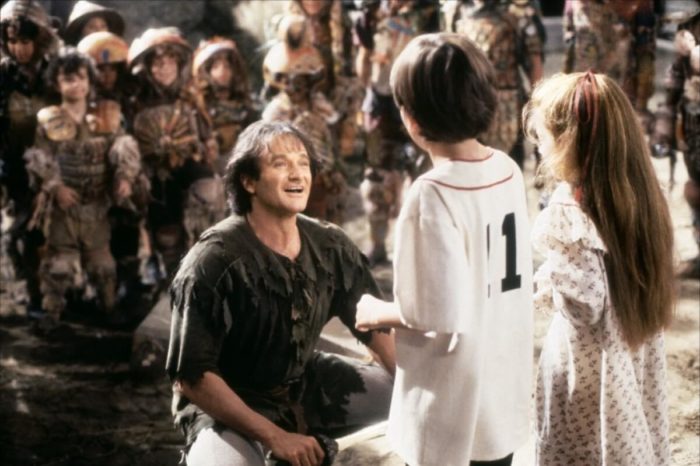
ScreenCraft: You've talked about how your son, Jake, sparked the idea for HOOK, a beloved movie; how do you know a good idea when you see one? In other words, what is it you look for in a concept that lets you know there's a movie-worthy story there?
Mr. Hart: Hook was born in my family, from my family, of my family and about my family. So there are heartstrings connected to this idea. It was an impossible project to set up – a grown up Peter Pan rescues his kids from Captain Hook – but the power of my family refused to let me give up. Robin Williams, Bob Hoskins, Dustin Hoffman, and Mr. Spielberg thankfully connected the same way I did.
An idea or project or book or short story has to connect with your heart and your soul. You have to find a way to make it yours and own it.
If you cannot do that, it is just an assignment and a payday. And even at that level, your craft and skill have to take over and deliver a passionate, professional, market ready script.
ScreenCraft: With the proliferation of new distribution platforms, has there been any change in which ideas your pursue, or how you approach the writing?
Mr. Hart: The explosion in the international TV market offers the audience the ability to binge watch and consume entire seasons in a few hours. The novel form can live for years with characters you literally grow up with and are sad to see when you are gone. My son and I beat our heads against the wall trying to adapt Kurt Vonnegut’s “Cat’s Cradle” and “The Sirens of Titan” as features for years. Suddenly TV is embracing these gems for multi-part TV adaptations. The audience is god now. They can watch content on their terms and however many times they wish. We have to write faster and better to keep up with that demand.
Sadly the indie film distribution in the U.S. is ailing – and the VOD platforms are here to stay.

ScreenCraft: A lot of aspiring screenwriters want to break into the industry with specs based on IP, especially properties in the public domain. Since you’ve written a number of high-profile adaptations, what is the most important thing to keep in mind when adapting existing material?
Mr. Hart: The most important thing is to remember you are not the only one doing an adaptation of existing material.
If it is public domain – like Dracula was – find a new way to make the story fresh, that is most important. Then be extremely lucky to have Francis Ford Coppola anoint your adaptation.
If the underlying material is an existing copyright, get the rights. If you have no money, get to the author and plead your case. It is worth it to express and show your passion for the material. And your respect for the author. It can work.
ScreenCraft: You've also worked with some legendary filmmakers (Steven Spielberg, Francis Ford Coppola, Robert Zemeckis), something most writers only fantasize about. Has seeing the way they interpreted what you put on the page given you any director-perspective storytelling tricks or insights?
Mr. Hart: Yes, a very big insight, life lesson, career mantra, rule that is embedded into the fabric of the filmdom universe.
The job of the screenwriter is not to impose their vision of the script on the director (you won’t last long) but rather to enable the director to find his or her vision of your script and be part of the solution instead of the problem.
Join us in Hollywood for ScreenCraft’s first Screenwriting Masterclass with James V. Hart!
We’re beyond excited to be hosting James V. Hart's ScreenCraft Screenwriting Masterclass! This is an incredible opportunity to study screenwriting for a whole weekend with one of Hollywood’s top working screenwriters.
Come experience Mr. James V. Hart’s boundless creative energy, unique approach to screenwriting, and his spellbinding anecdotes about his decades working with some of the Hollywood’s top filmmakers, producers and development executives.
And a special shout-out to our friend Guy Goldstein, creator of WriterDuet, the world’s most advanced and easy-to-use professional screenwriting software. Guy introduced the ScreenCraft team to James Hart last year at the Austin Film Festival – and we jumped at the opportunity to produce this screenwriting masterclass. Will you join us in LA in November?
WHERE: Los Angeles Film School, 6353 Sunset Blvd, Los Angeles, CA 90028
WHEN: Weekend of November 12th & 13th*
*with a special 25th anniversary screening of HOOK at the Sony Pictures Studios lot on Friday November 11th – with select cast attending as well!
Tags
Get Our Screenwriting Newsletter!
Get weekly writing inspiration delivered to your inbox - including industry news, popular articles, and more!


